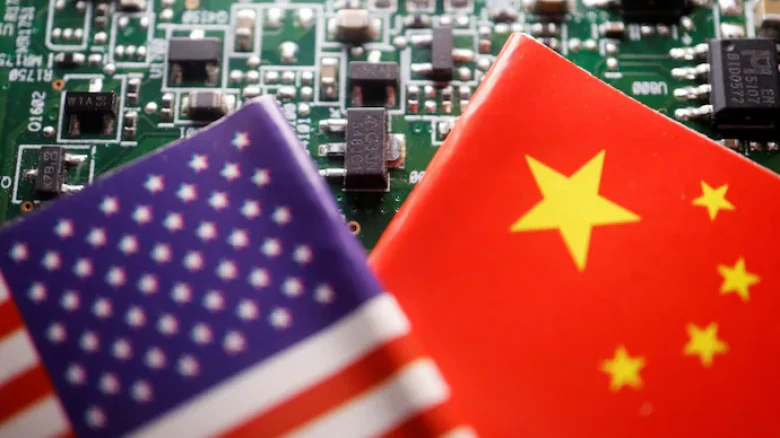North East

China will control exports of some metals commonly used in the semiconductor industry...
Digital Desk: China will control exports of some metals commonly used in the semiconductor industry, its commerce ministry announced on Monday, the latest salvo in a growing war between Beijing and the United States over access to high-tech microchips.
The controls, which China claims are intended to defend national security and interests, will require exporters to obtain permission to ship some gallium and germanium products.
The initiative to oversee shipments of rare materials classified as strategic by Beijing comes as Washington considers further limits on the shipment of high-tech microchips to China, according to media reports.
The United States and the Netherlands are also likely to deliver a one-two punch to China's chipmakers this summer by further restricting sales of chipmaking equipment as part of measures to prevent their technology from being used to improve China's military.
China's controls, which will go into effect on August 1, will apply to eight gallium-related products: gallium antimonide, gallium arsenide, gallium metal, gallium nitride, gallium oxide, gallium phosphide, gallium selenide, and indium gallium arsenide.
They will also be applicable to the following six germanium products: germanium dioxide, germanium epitaxial growth substrate, germanium ingot, germanium metal, germanium tetrachloride, and zinc germanium phosphide.
Exporters will need to go through procedures to obtain export licenses, according to a statement from China's commerce ministry.
Anyone who exports these products without authorization or who exports in excess of the permissible volumes will be penalized, it stated.
Germanium is also used in infrared technologies, fiber optic cables, and solar cells.
Leave A Comment